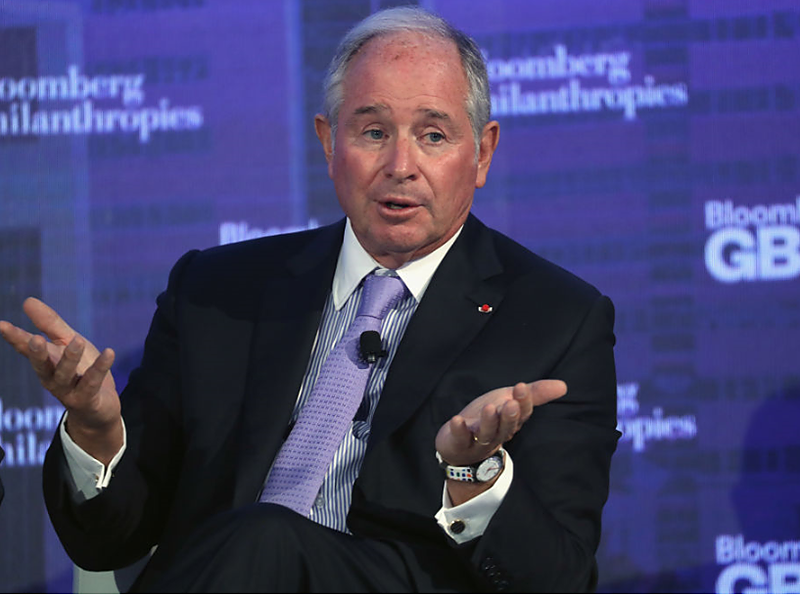Over the past week, some of the largest private equity firms have shown a willingness to dig into their deep pockets to help first responders tackle the coronavirus outbreak and help their own portfolio companies struggling to stay. afloat.
Companies such as Global management of Apollo, black stone and KKR all take different approaches. KKR has made the largest public commitment to date, pledging $ 50 million to a range of beneficiaries, including first responders and the company’s portfolio companies.
“There has never been a more important time for us to act and give, individually and collectively,” company executives wrote in a letter to KKR LPs that was seen by PitchBook. “And we are here for the challenge.”
The goal of helping those affected by the crisis can be admirable. But critics point to the hundreds of billions of dollars these companies have under management and argue that they are only scratching the surface of the help they are able to provide.
“They think it’s going to impress people, and they’ll have a blurb in the New York Times, someone will say, ‘Oh, isn’t that wonderful?’” Said Eileen Appelbaum, an economist who has written extensively on private equity and the workplace. “But at the end of the day, the workers in their holding companies are suffering and these workers will not get any of this money.”
A portion of KKR’s $ 50 million fund will in fact be made available to employees of its portfolio companies, according to the letter to LPs. Some of the fund’s capital will come from the company’s existing assets under management, which totaled a record $ 218.4 billion at the end of 2019, and the rest will come from the company’s executives. Co-founders Henry Kravis and George Roberts and current co-CEOs Scott Nuttall and Joseph Bae will also waive their 2020 bonuses and salaries.
Other companies are making their own contributions, including two other publicly traded buyout giants. Apollo co-founder Leon Black has spent $ 20 million on food and supplies for New York health care workers, and Blackstone is deploying his charitable arm to distribute $ 15 million to various organizations in New York. York.
In Boston Advent International, key cabinet members have committed $ 25 million to a relief fund for those affected by the pandemic. In Los Angeles, Léonard Vert & Associates set up a $ 10 million fund to help affected holding companies, and Platinum Actions said he could use capital from his recently closed $ 10 billion flagship fund to help holding companies if needed, which could provide a direct benefit to workers facing time off or layoffs.
For businesses, creating a dedicated coronavirus relief or portfolio bailout fund will likely require conversations and new deals with LPs, according to Jeremy Swan, a consultant at CohnReznick who advises mid-market companies. He said these kinds of talks take place frequently.
As new economic realities set in, companies of all sizes are scrambling to help portfolio companies weather the storm.
“It is everything from providing advice to introducing operational partners and others who can help prioritize cash payments,” Swan said. “Your typical holding company, it has obligations to the banks, it has obligations to its owners, it has obligations to suppliers, it has obligations to employees.”
While providing assistance to those affected by the pandemic, companies are, of course, also scouring the market for new investments. Apollo executives told investors last month that it was “time to shine” for the company by rushing into opportunistic deals, according to Bloomberg. Blackstone’s Steven Schwarzman, meanwhile, told Bloomberg that his company “is aggressively seeking” to deploy some of its $ 150 billion in dry powder.
Figures like these are one of the reasons Appelbaum believes companies should still do more to help their workers, arguing that they have plenty of capital available without the $ 350 billion federal loan program they are facing. have so far not had access.
“Of course, every little bit counts,” the economist said. “It’s good for them to have thought about doing it. But can we just say that it really is, relative to their wealth and ability, an extremely small amount.”
Featured Image via John Moore / Getty Images News

